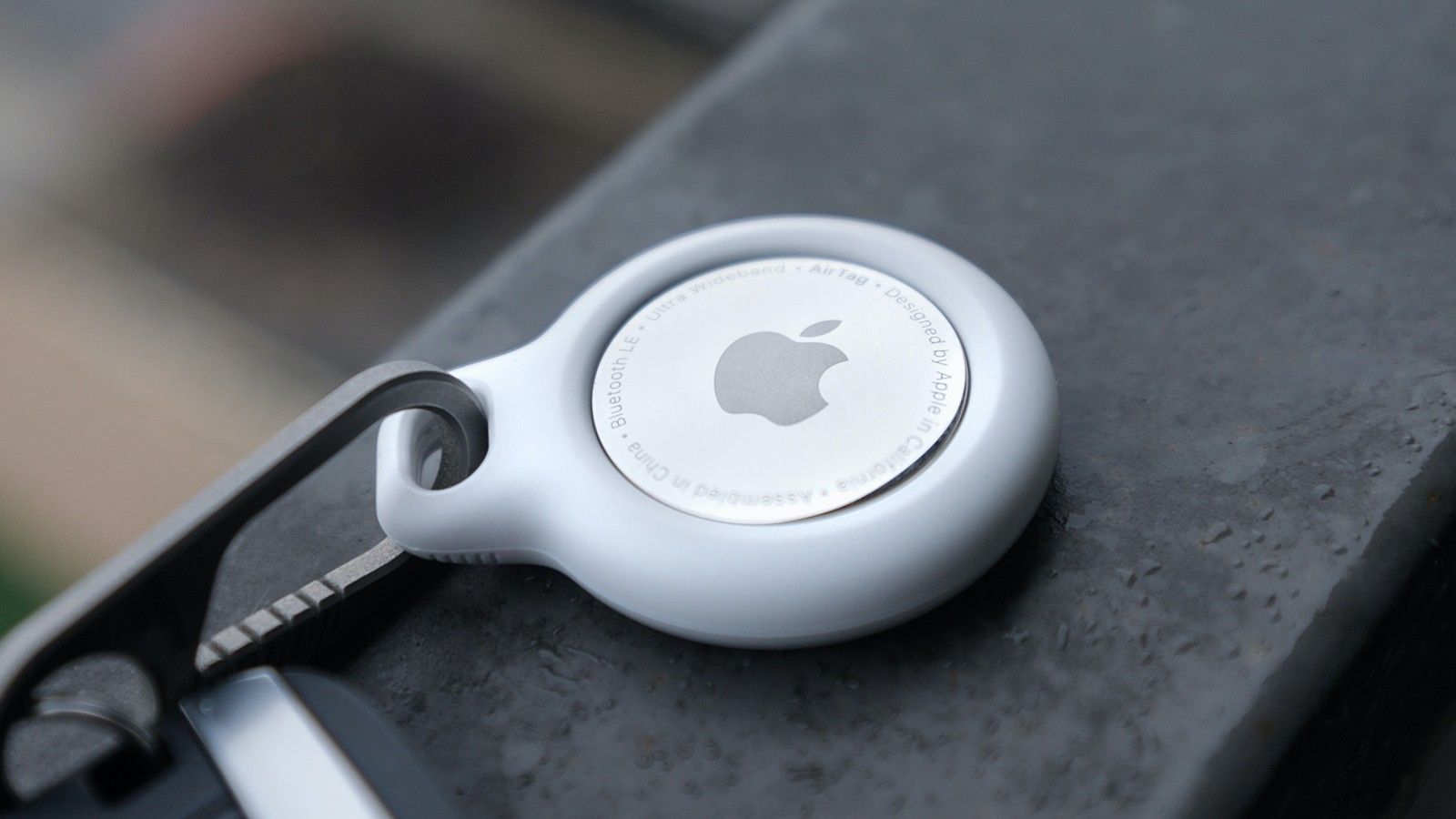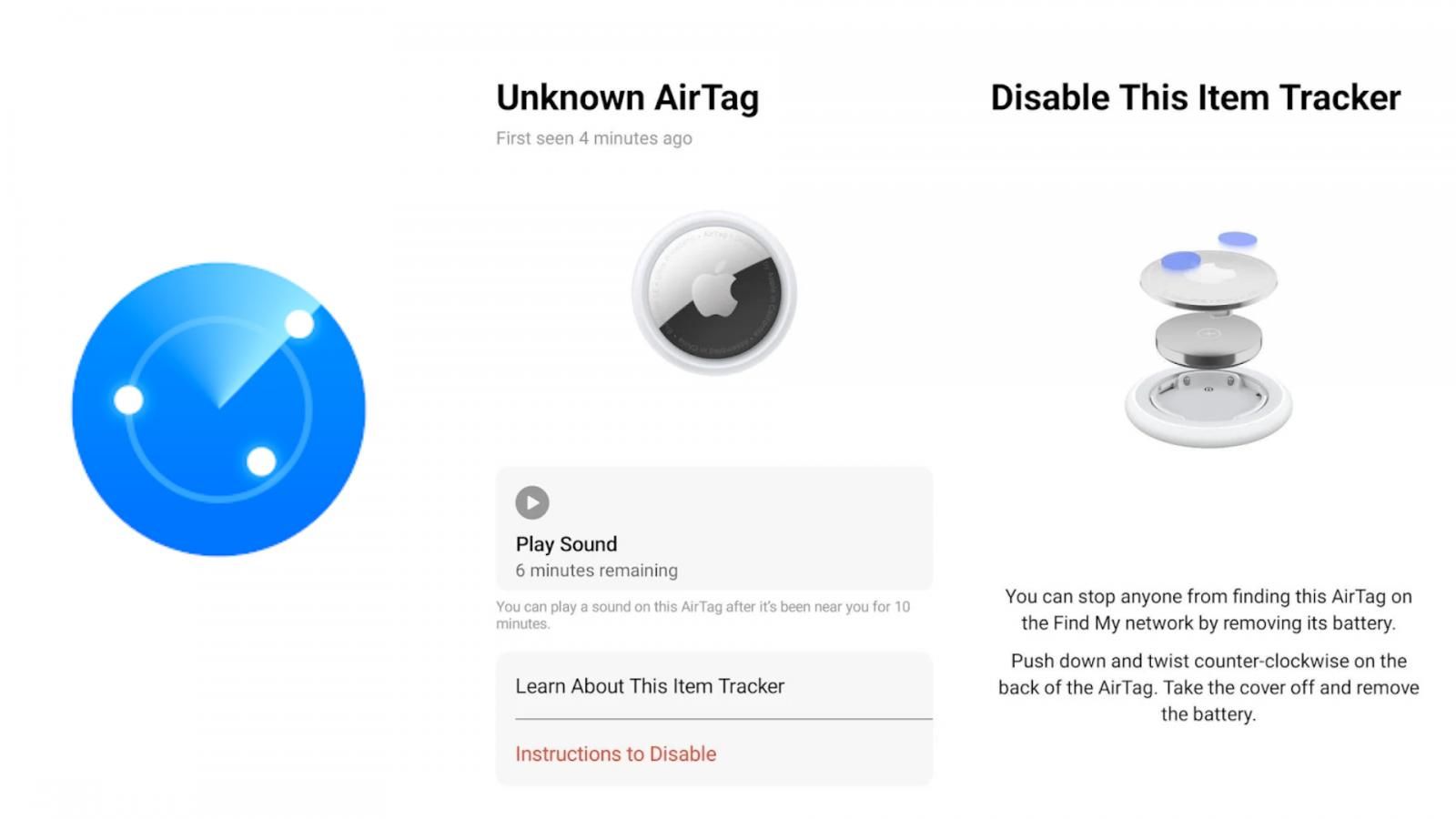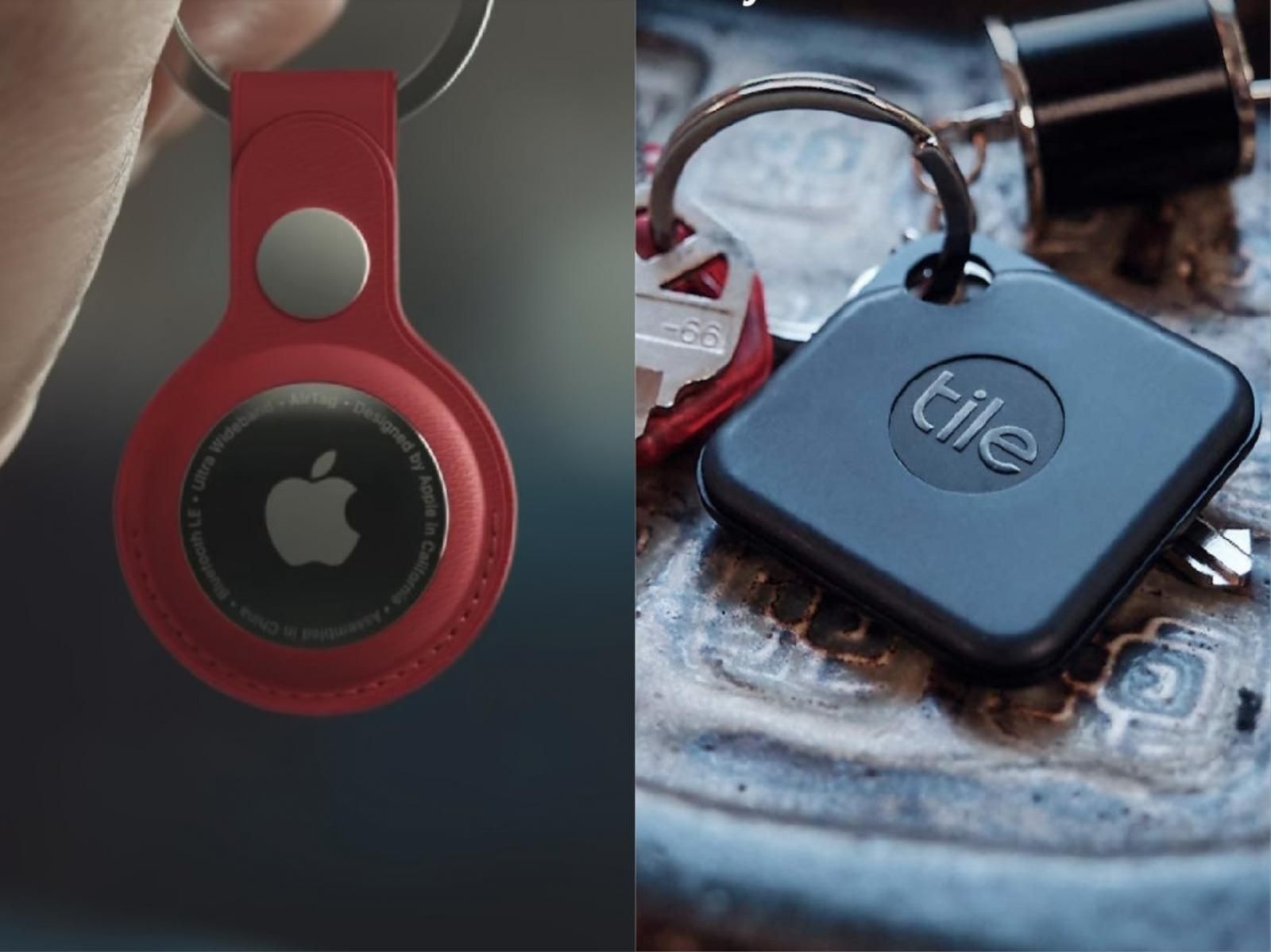Apple in no way reinvented item tracking with the AirTag, but it sure brought Bluetooth tracking devices into the mainstream. Companies such as Tile, Chipolo, and others have seen increased interest in their devices. But, with the increase in the number of tracking devices available, cases of unwanted tracking have also increased. Apple has already made some efforts to prevent unwanted tracking, and it now looks like Google is about to join in.
A new report from 9to5Google claims that Google is working on building a functionality right into Android that would allow users to check if there are any unknown trackers around them. The report cites that certain changes have been made to the source code of Play Services which suggests that Google is working to build such a framework.
The code changes include many strings that have "Unfamiliar device alerts" and an "Unfamiliar Tag Detected Notification" in them. In addition to these, the code also references "Tile", "ATag" (presumably for AirTag), and an unknown "Finder tag". There's no way to know if the functionality would allow users to just scan unwanted tracking devices or do something more proactive, but it adds that you might be able to ring the unknown tracking device if it is identified by your Android device.
Source: Pocketnow
Companies in the Bluetooth tracking space have been taking measures to prevent unwanted tracking lately. Apple recently released the Tracker Detect app for Android last year after it found that AirTag had been used in many cases of unknown tracking. However, it requires the user to keep the app open and doesn't work in the background. Google's upcoming functionality may work in the background without requiring you to open the app. And not only Apple, but Tile also introduced its own solution to prevent stalking.
Even though every player in this field has rolled out some sort of changes to prevent unwanted tracking, the space has become quite a fragmented one. There's no one-stop solution that can be used to prevent unwanted tracking. Google, Apple, and others might be working behind the scenes to build such a framework, but there is no simple solution available right now that can let people know if they're being tracked.
Technology makes our lives easier, there's no doubt about it, but it surely is a double-sided coin situation. The technology which set out to help us by keeping track of our most important things has, unfortunately, created many problems for us. People are being tracked, unknowingly, in place of objects and items that are intended to be tracked.
The privacy of people has been breached due to such tracking devices, and companies should take a collective step so that it doesn't happen. Companies provide us with such tools for our own benefit, but at the same time, people use them for unintended purposes which begs the question if the product should have been released in the first place.
Thankfully, the situation is changing slowly and companies are starting to responsibility to prevent abusive usage. Companies are continuously rolling out new features that prevent unwanted tracking. With Google joining the effort, we expect a simple and easy-to-use solution to be made available real soon.
The report from 9to5Google says that Google's efforts are still in the early stages, so there might be some time before we see it on any Android device. But when the solution is available, you will be able to roam freely without the fear of being tracked, and even if someone tries to track you, you'll be able to trace the tracking device without installing or doing anything on your smartphone. We expect more information about this to be made available at the company's I/O 2022 conference later this year, but it could be delayed as well.
Lastly, it's worth noting that tracking someone is a serious offense, and in some countries around the world you can even end up getting arrested for this. Apple, and other players in this field, are legally bound to reveal the details of the culprit in case they're found tracking someone without their consent.



